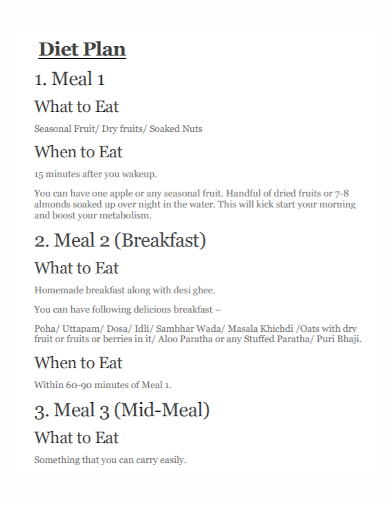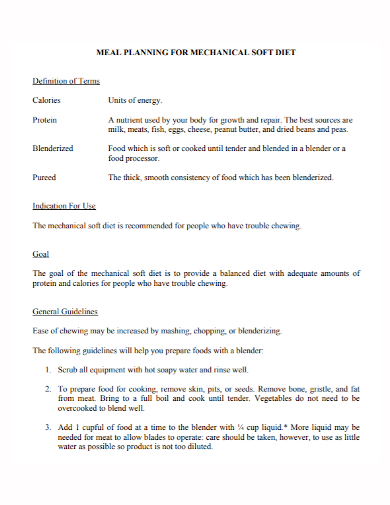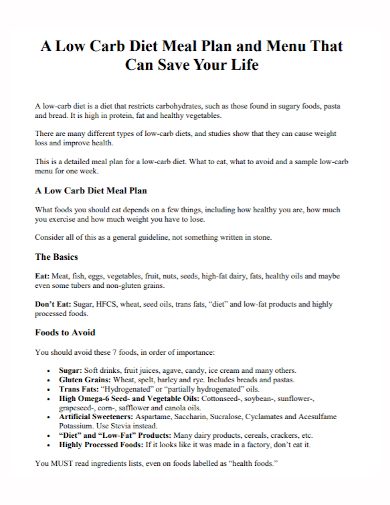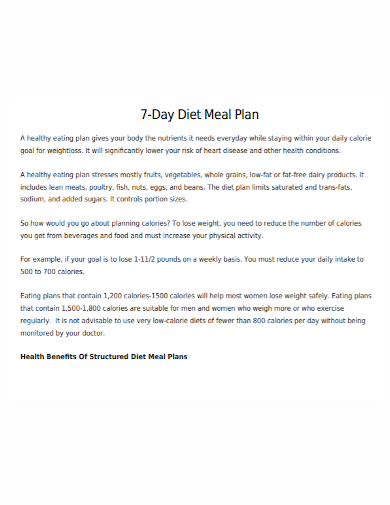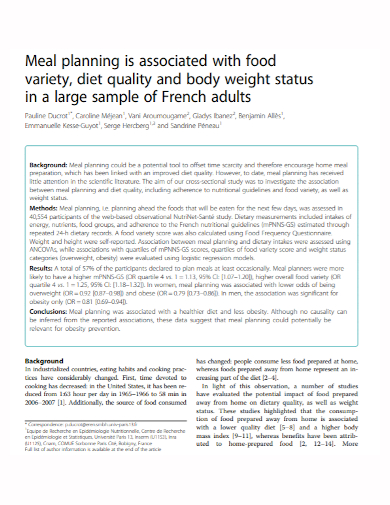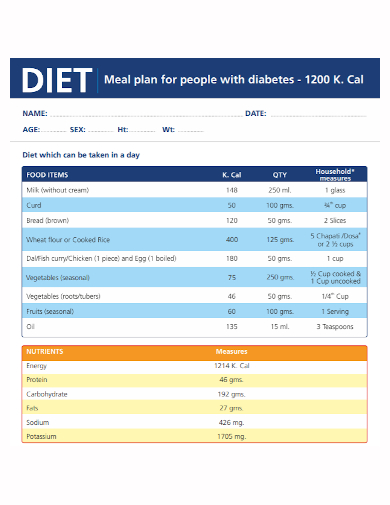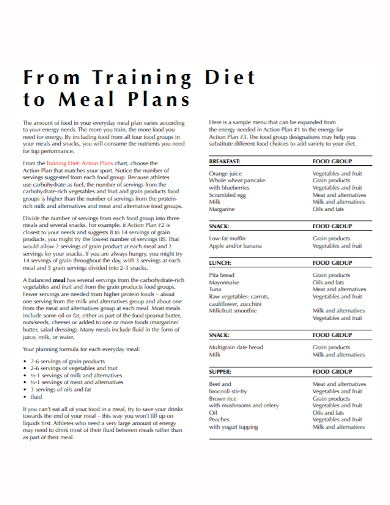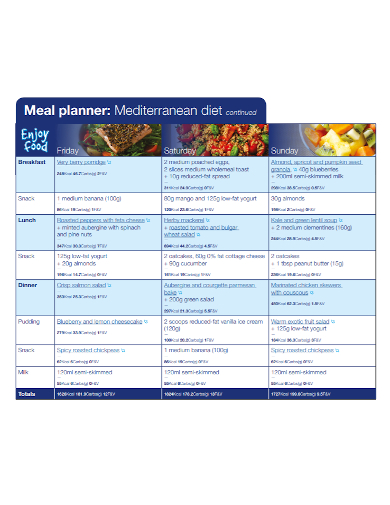Changing your diet is one of the most effective strategies to reduce weight. However, the sheer number of diet programs available can make it tough to get started because you don’t know which one is the most appropriate, sustainable, and effective. Some diets seek to lower your food intake by curbing your hunger, while others propose limiting your calorie intake and carbohydrate or fat intake. Furthermore, several have health benefits in addition to weight loss. Have you ever questioned what you were going to eat next while standing in front of your refrigerator or kitchen cupboard? What if you’re exhausted, out of ideas, or don’t have the ingredients you’ll need to make a nutritious and filling meal? Moments like these make it simple to choose a restaurant or take-out meals, as well as ready-to-assemble boxed goods. The issue is that many of these options may have more fat, salt, and added sugar than is healthy. They may also be deficient in nutrients that your body needs.
A healthy eating plan provides your body with the nutrition it requires on a daily basis while also allowing you to stick to your daily calorie goal for weight loss. A healthy eating plan can also help you avoid heart disease and other illnesses.
A diet that is good for you:
- Vegetables, fruits, whole grains, and fat-free or low-fat dairy products are emphasized.
- Lean meats, poultry, fish, beans, eggs, and nuts are all included.
- Saturated and trans fats, salt, and added sugars are all restricted.
- Controls the size of the portions.
10+ Diet Meal Plan Samples
1. Diet Meal Plan Template
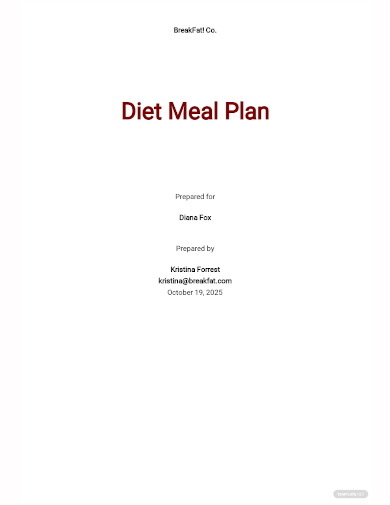
2. Two Week Diet Meal Plan Template
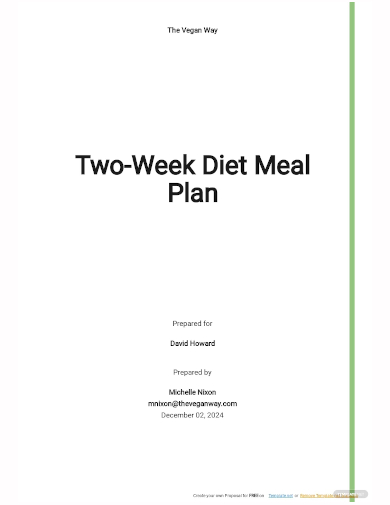
3. 6 Meals Day Diet Plan Template
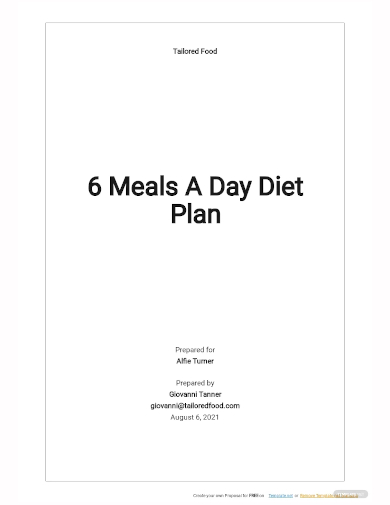
4. Eat Diet Meal Plan
5. Soft Diet Meal Plan
6. Carb Diet Meal Plan
7. 7-Day Diet Meal Plan
8. Food Diet Meal Plan
9. Diabetes Diet Meal Plan
10. Training Diet Meal Plan
11. Sample Diet Meal Plan
Diet Meal Plans for Sustainability, Weight Loss, and More
- Intermittent fasting – Intermittent fasting was found to cause 3–8% weight loss over 3–24 weeks in a review of trials, which is a much higher percentage than other strategies. According to the same study, this type of eating can lower waist circumference by 4–7%, which is a marker for dangerous belly fat. Intermittent fasting has been shown in other trials to boost metabolism by increasing fat burning while retaining muscular mass. Intermittent fasting has been related to anti-aging effects, higher insulin sensitivity, enhanced brain health, lower inflammation, and a variety of other advantages.
- Plant-based diets – Plant-based diets may aid in weight loss. The most common varieties are vegetarianism and veganism, which prohibit animal products for health, ethical, and environmental reasons. There are, however, more flexible plant-based diets available, such as the flexitarian diet, which is a plant-based diet that allows for the occasional consumption of animal products.
- Low carb diets – Low-carb diets are one of the most popular weight-loss regimens. The Atkins diet, ketogenic (keto) diet, and low-carb, high-fat (LCHF) diet are all examples. Some kinds are more carb-reduced than others. For example, very-low-carb diets, such as the ketogenic diet, limit this macronutrient to less than 10% of total calories, compared to 30% or less for other types.
- The paleo diet – The paleo diet encourages you to eat the same foods that your hunter-gatherer forefathers did. It’s based on the idea that current ailments are linked to the Western diet since the human body hasn’t evolved to handle legumes, grains, and dairy. Whole foods, fruits, vegetables, lean meats, nuts, and seeds are all recommended in the paleo diet. Processed foods, carbohydrates, sugar, and dairy are all prohibited, while some less rigorous variants allow for the intake of limited dairy items such as cheese.
- Low-fat diets – Low-fat diets limit your fat consumption since fat has more calories than protein and carbohydrates. Low-fat diets have been associated with weight loss and a reduced risk of heart disease and diabetes in studies.
- The Mediterranean diet – The Mediterranean diet emphasizes fruits, vegetables, fish, and healthy oils while avoiding refined and highly processed foods. While it isn’t a weight-loss diet, studies have shown that it can help you lose weight and improve your overall health.
- Weight Watchers – Weight Watchers, or WW, is a weight-loss program based on a point system. It is highly versatile and successful for long-term weight loss, according to studies.
- DASH diet – The DASH diet is a low-salt eating plan that has been found to help people lose weight. It has also been related to further heart benefits and a lower risk of other chronic diseases in studies.
FAQs
What is the downside of having a low-carb diet?
A low-carb diet may boost LDL (bad) cholesterol levels in some people. Extremely low-carb diets can be difficult to stick to and might cause digestive problems in some people. Following a very low-carb diet can create ketoacidosis, a serious metabolic disease that can be fatal if not managed.
How do you lose weight?
Most people need to reduce the number of calories they consume from food and beverages (energy IN) while increasing their physical activity to lose weight (energy OUT).
What are the benefits of meal planning?
You’ll eat better-for-you meals and snacks. Meal planning allows you to consider what you enjoy eating and how those foods can help you nourish your body. You’ll be able to save time. By limiting or eliminating last-minute runs to the market, meal planning makes grocery shopping more effective. You’ll be able to save money. Meal planning can help you make sure that foods and leftovers aren’t thrown away. You’re also less likely to make impulse purchases of foods you don’t need if you go to the grocery store with a plan and a list.
While all of the diets listed above have been demonstrated to help people lose weight, the one you choose should be based on your lifestyle and dietary choices. This increases your chances of sticking to it in the long run.
Related Posts
FREE 9+ 30-Day Marketing Plan Samples in PDF | MS Word | Apple Pages | Google Docs
FREE 3+ Sales Team Action Plan Samples in PDF | MS Word | Apple Pages | Google Docs
Marketing Plan For Small Business Samples
FREE 7+ Fashion Business Plan Samples in PDF
FREE 10+ Sprint Planning Samples In MS Word | Google Docs | PDF
FREE 10+ Wedding Planning Samples in MS Word | Apple Pages | Powerpoint | PDF
FREE 9+ Monthly Study Planner Samples in PSD | Illustrator | InDesign | PDF
FREE 9+ Sample Curriculum Planning Templates in PDF | MS Word
FREE 10+ Teacher Development Plan Samples in MS Word | Google Docs | Apple Pages | PDF
FREE 10+ Basketball Practice Plan Samples in PDF
FREE 12+ School Business Plan Samples in PDF | MS Word | Apple Pages | Google Docs
FREE 7+ Client Strategic Plan Samples in PDF | MS Word
FREE 11+ Trucking Business Plan Templates in PDF | MS Word | Google Docs | Pages
FREE 7+ Small Hotel Business Plan Samples PDF | MS Word | Apple Pages | Google Docs
FREE 14+ Bakery Business Plans in MS Word | PDF | Google Docs | Pages

